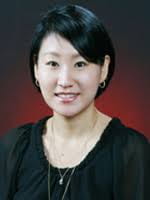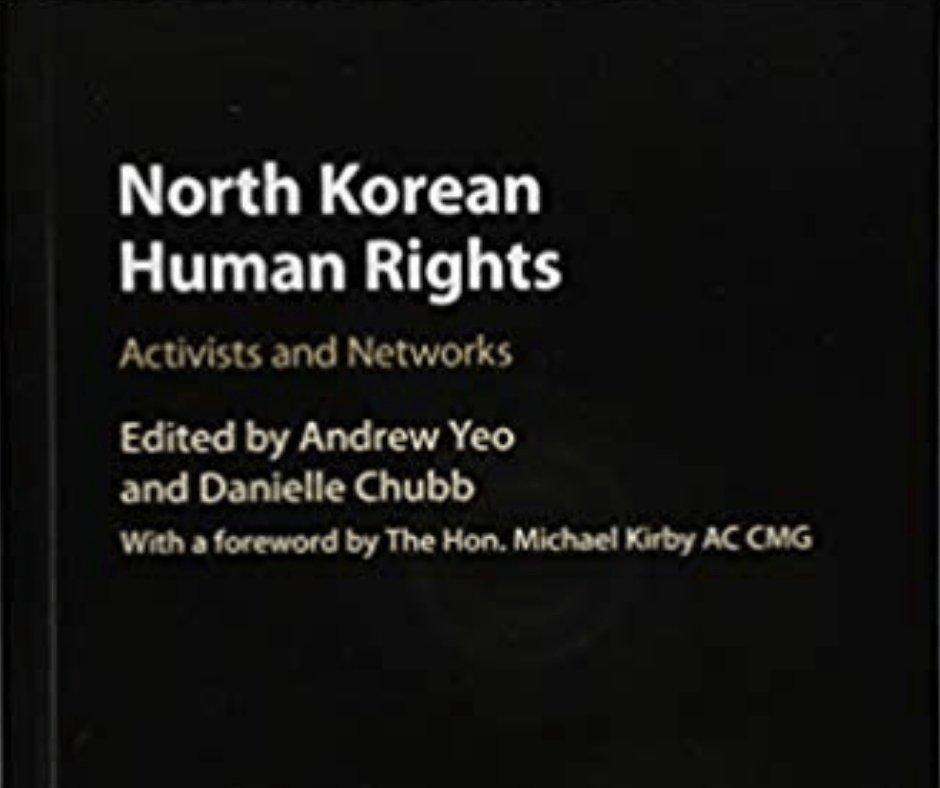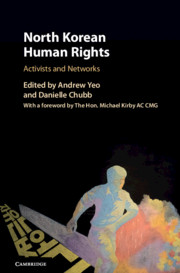The 26th Annual Hahn Moo-Sook Colloquium
in the Korean Humanities
November 9-10, 2018
“Emotion, Culture, and Subjectivity in Korea”

Register Now
In celebrating the 100th birthday of Hahn Moo-Sook, the 26th HMS colloquium has been combined with the Signature Conference of the GW Institute for Korean Studies. The colloquium brings renowned scholars in the field of the Korean studies to focus on the theme of emotion and affect in Korean history, society, and culture. The two keynote speakers, Donald Baker and Hyaeweol Choi, will discuss the complex emotion reflected in Hahn Moo-Sook’s novels and also explain Hahn Moo-Sook’s significance in the context of women’s history and the politics of archives. The panel presentations will explore various emotions and affect covering the period from Chosŏn Korea (1392-1910) to the two Koreas.
Friday, November 9, 2018, 8:20 AM – 5:00 PM
City View Room, Elliott School of International Affairs
1957 E St. NW, 7th floor, Washington, DC 20052
Honorable Guest Speakers
Ambassador Cho Yoon-je, Ambassador of the Republic of Korea to the U.S.
President & CEO Kathleen Stephens, Korea Economic Institute of America(Former U.S. Ambassador to the Republic of Korea)
Chairman Hoagy Kim, Hahn Moo-Sook Foundation
Featured Speaker
Young-Key Kim-Renaud, The George Washington University
Keynote Speakers
Donald Baker, University of British Columbia
Hyaeweol Choi, University of Iowa
Panel Presenters:
Panel I Chosŏn Korea
Jungwon Kim, Columbia University
Sixiang Wang, Stanford University
Panel II Colonial Korea
Yoon Sun Yang, Boston University
Sonja M. Kim, State University of New York, Binghamton
Dafna Zur, Stanford University
Panel III Post-Liberation Korea
Jae Won E. Chung, University of Colorado Boulder
Gregg Brazinsky, The George Washington University
Suzy Kim, Rutgers University
Nan Kim, University of Wisconsin Milwaukee
Discussants
Sun Joo Kim, Harvard University
Soyoung Suh, Dartmouth College
Maria Frawley, The George Washington University
Haiyan Lee, Stanford University
Saturday, November 10, 2018, 9:30 AM – 2:00 PM
Lindner Family Commons, Elliott School of International Affairs
1957 E Street, NW, Room 602, Washington, DC 20052
Panel Presenters:
Panel IV Contemporary Korea
Sun-Chul Kim, Emory University
Hae Yeon Choo, University of Toronto
Youngmin Choe, University of Southern California
John SP Cho, Davidson College
Discussant
Jie Yang, Simon Fraser University
Download the Program
Download the Poster
The HMS Colloquium in the Korean Humanities series at GW provides a forum for academic discussion of Korean arts, history, language, literature, thought and religious systems in the context of East Asia and the world. The Colloquium series is made possible by an endowment established by the estate of Hahn Moo-Sook (1918-1993), one of Korea’s most honored writers, in order to uphold her spirit of openness, curiosity, and commitment to education.
The 26th HMS Colloquium (https://eall.columbian.gwu.edu/hahn-moo-sook-colloquium) is open to the public FREE OF CHARGE. However, reservations are required. For questions regarding the colloquium, please contact gwiks@gwu.edu.
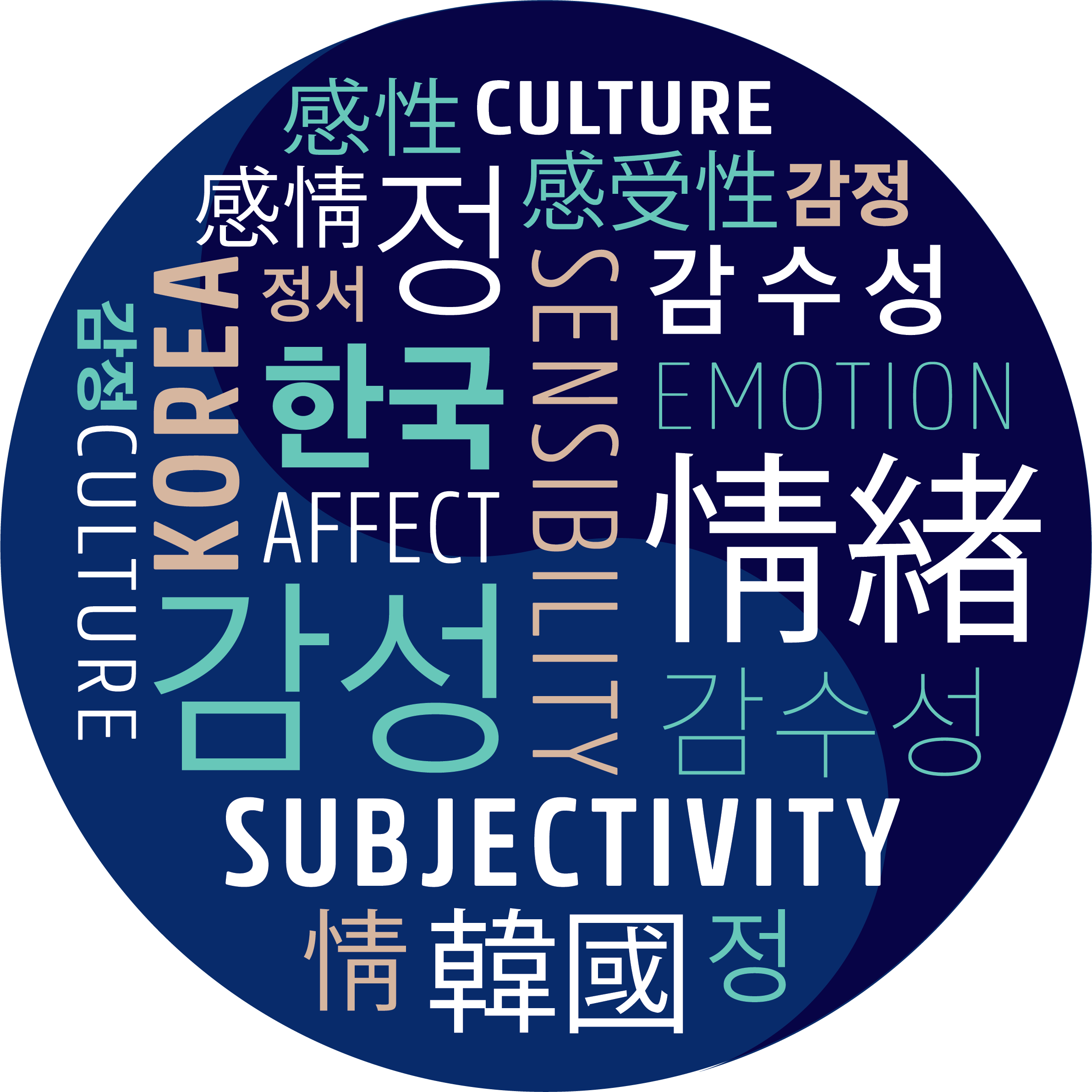
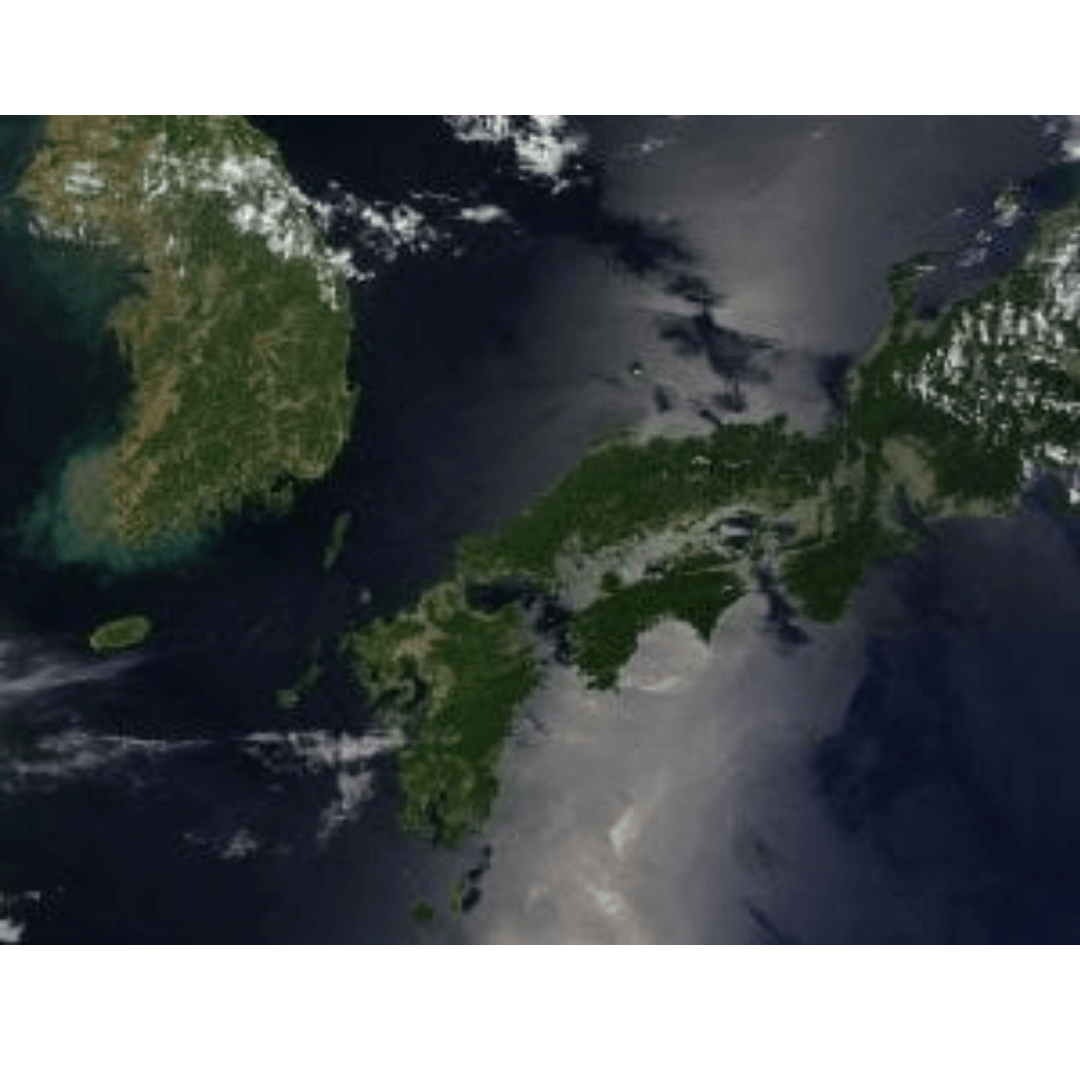

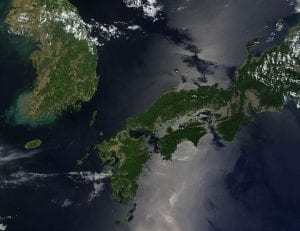
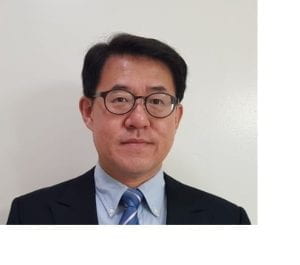
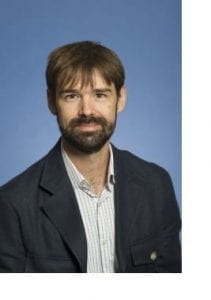
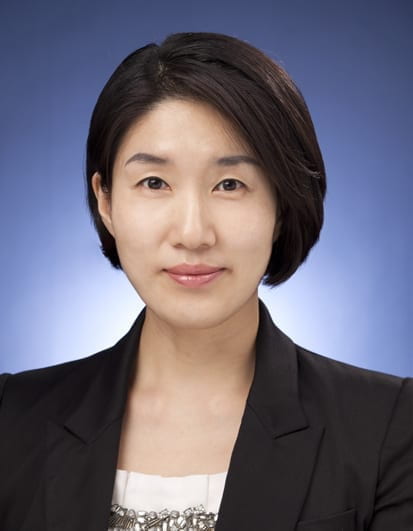
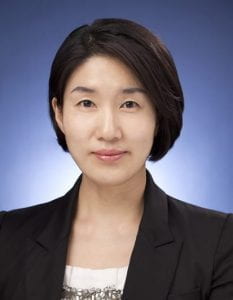
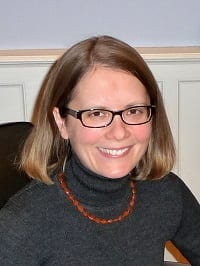
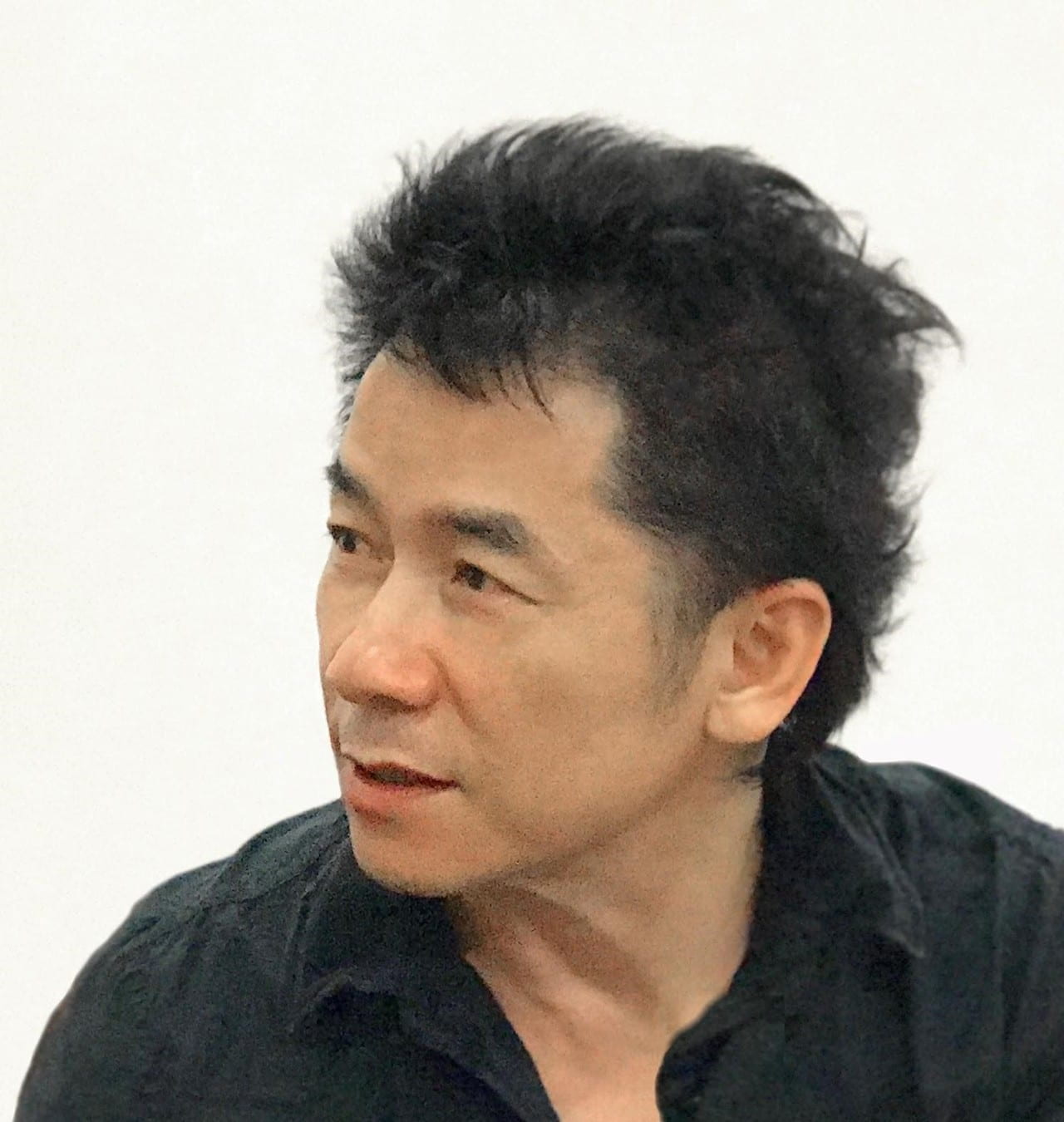
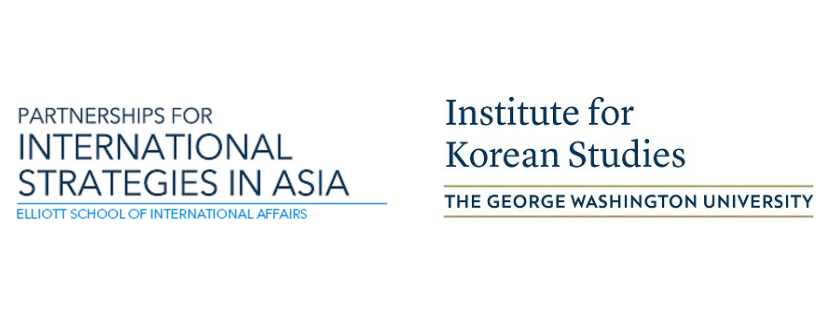
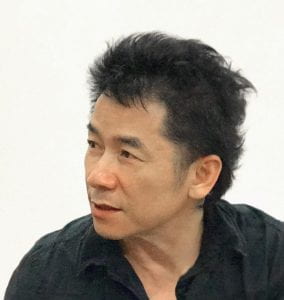 BG Muhn, a painter and art professor at Georgetown University, has achieved substantial and noteworthy professional recognition through solo exhibitions in venues such as Stux Gallery in Chelsea in New York City, Ilmin Museum of Art in Seoul and the American University Museum in Washington, DC. He also has received acclaim in reviews and interviews, appearing in prominent media such as The New York Times, Art in America and CNN. BG Muhn is an authority on North Korean art. He has made nine research trips to DPRK to visit museums and interview artists and has been giving lectures on North Korean art at numerous academic and cultural venues including Georgetown, Johns Hopkins, Columbia, Harvard universities and Water Mill Art Center for Robert Wilson. He curated “Contemporary North Korean Art: Evolution of Socialist Realism” at the American University Museum in Washington, DC in 2016. His article on the issue was featured in a global British magazine, Index on Censorship (2017), and his interview was included in a British magazine Contra (2018). His eight-year endeavor on the research of Chosonhwa culminated in his recently published book, Pyongyang Art: The Enigmatic World of Chosonhwa (2018, Seoul Selection, 300 pages). Muhn was also chosen as curator for the North Korean art exhibition, North Korean Art: Paradoxical Realism at the 2018 Gwangju Biennale in Korea.
BG Muhn, a painter and art professor at Georgetown University, has achieved substantial and noteworthy professional recognition through solo exhibitions in venues such as Stux Gallery in Chelsea in New York City, Ilmin Museum of Art in Seoul and the American University Museum in Washington, DC. He also has received acclaim in reviews and interviews, appearing in prominent media such as The New York Times, Art in America and CNN. BG Muhn is an authority on North Korean art. He has made nine research trips to DPRK to visit museums and interview artists and has been giving lectures on North Korean art at numerous academic and cultural venues including Georgetown, Johns Hopkins, Columbia, Harvard universities and Water Mill Art Center for Robert Wilson. He curated “Contemporary North Korean Art: Evolution of Socialist Realism” at the American University Museum in Washington, DC in 2016. His article on the issue was featured in a global British magazine, Index on Censorship (2017), and his interview was included in a British magazine Contra (2018). His eight-year endeavor on the research of Chosonhwa culminated in his recently published book, Pyongyang Art: The Enigmatic World of Chosonhwa (2018, Seoul Selection, 300 pages). Muhn was also chosen as curator for the North Korean art exhibition, North Korean Art: Paradoxical Realism at the 2018 Gwangju Biennale in Korea.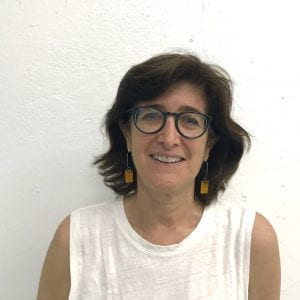 Janis Goodman is a Washington DC-based artist. She is currently a Professor of Fine Arts at the Corcoran School of Arts/George Washington University in Washington, DC. She was one of the founders of the arts group Workingman Collective. She is the arts reviewer for Around Town, WETA TV a PBS affiliate. She was awarded a Franz and Virginia Bader Award and DC Commission on the Arts Grant for 2018. Janis Goodman’s drawings and paintings move between the narrative and the deconstructed. The paintings are based on intuition and first-hand experience. Years of hiking national parks and kayaking rivers along the east coast have formed the backdrop of her work. Her fascination with natural phenomenon fuels her interest in movement, line, image, and color. Ms. Goodman’s work follows the invisible energy paths connecting the dots between the observed, imagined and remembered. Ms. Goodman’s interest in the arts and education has been fueled by extensive travel through Asia and western Europe. Janis has been an artist in resident for the past three years at the Shoals Marine Lab on Appledore Island, ME. Her work with Shoals underscores her interest in ecology and the paths of nature.
Janis Goodman is a Washington DC-based artist. She is currently a Professor of Fine Arts at the Corcoran School of Arts/George Washington University in Washington, DC. She was one of the founders of the arts group Workingman Collective. She is the arts reviewer for Around Town, WETA TV a PBS affiliate. She was awarded a Franz and Virginia Bader Award and DC Commission on the Arts Grant for 2018. Janis Goodman’s drawings and paintings move between the narrative and the deconstructed. The paintings are based on intuition and first-hand experience. Years of hiking national parks and kayaking rivers along the east coast have formed the backdrop of her work. Her fascination with natural phenomenon fuels her interest in movement, line, image, and color. Ms. Goodman’s work follows the invisible energy paths connecting the dots between the observed, imagined and remembered. Ms. Goodman’s interest in the arts and education has been fueled by extensive travel through Asia and western Europe. Janis has been an artist in resident for the past three years at the Shoals Marine Lab on Appledore Island, ME. Her work with Shoals underscores her interest in ecology and the paths of nature.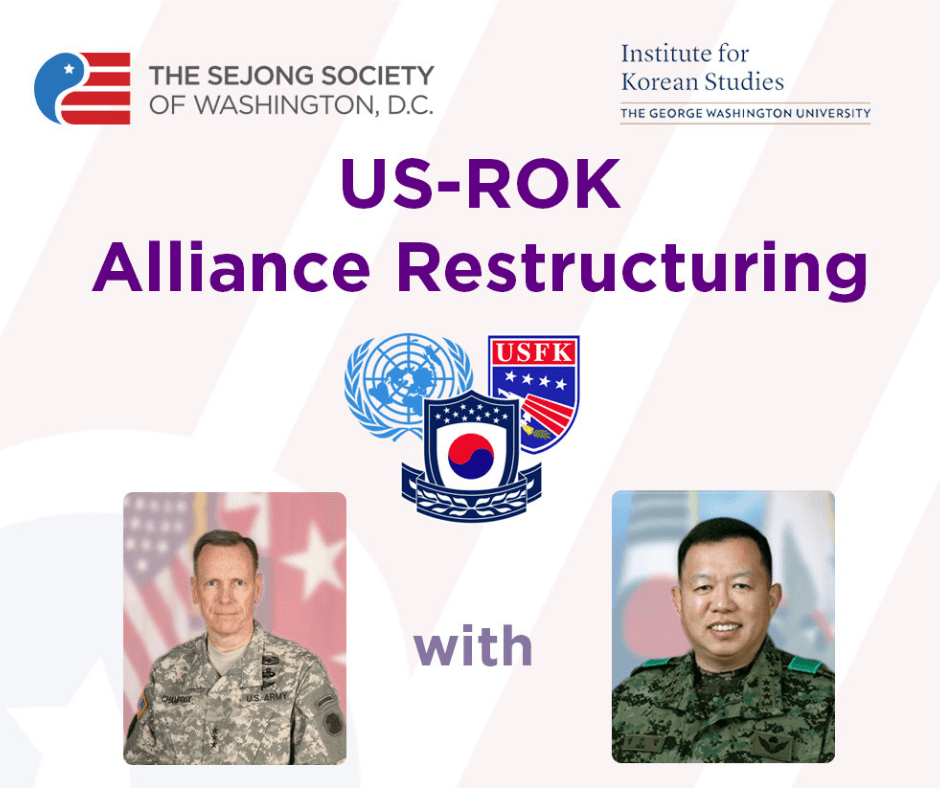
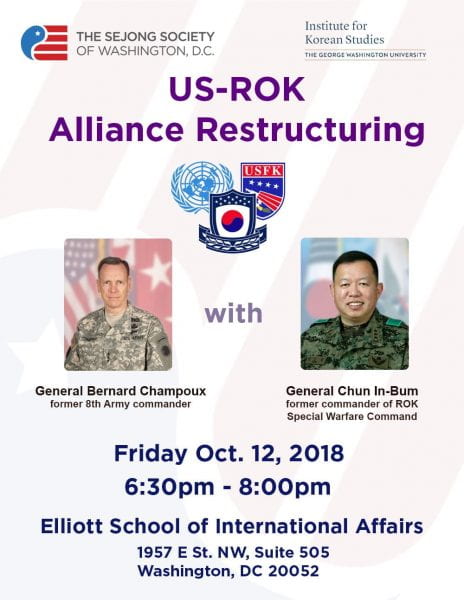
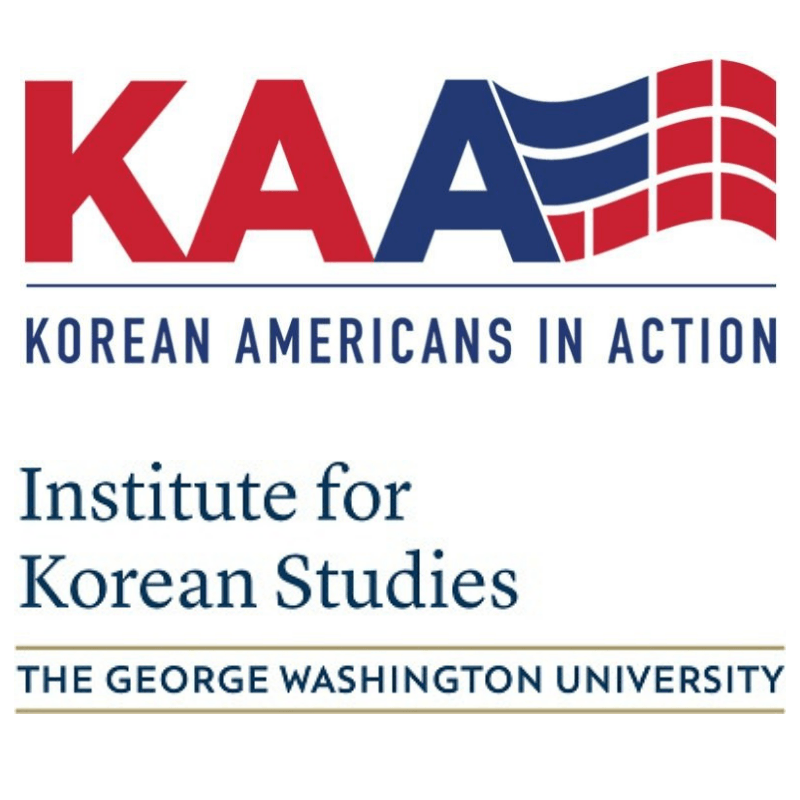
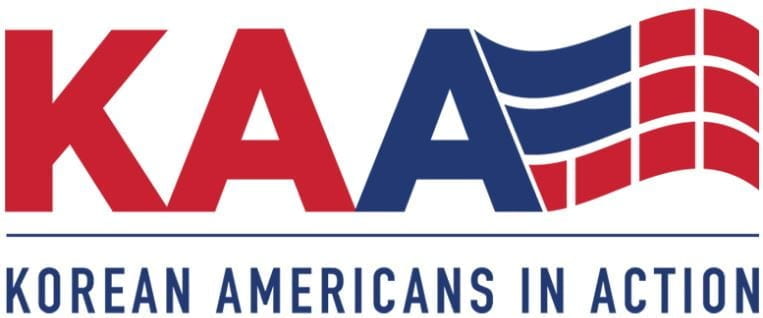


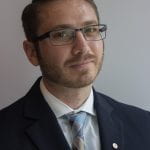
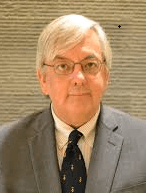 Vice President, Korea Economic Institute of America
Vice President, Korea Economic Institute of America